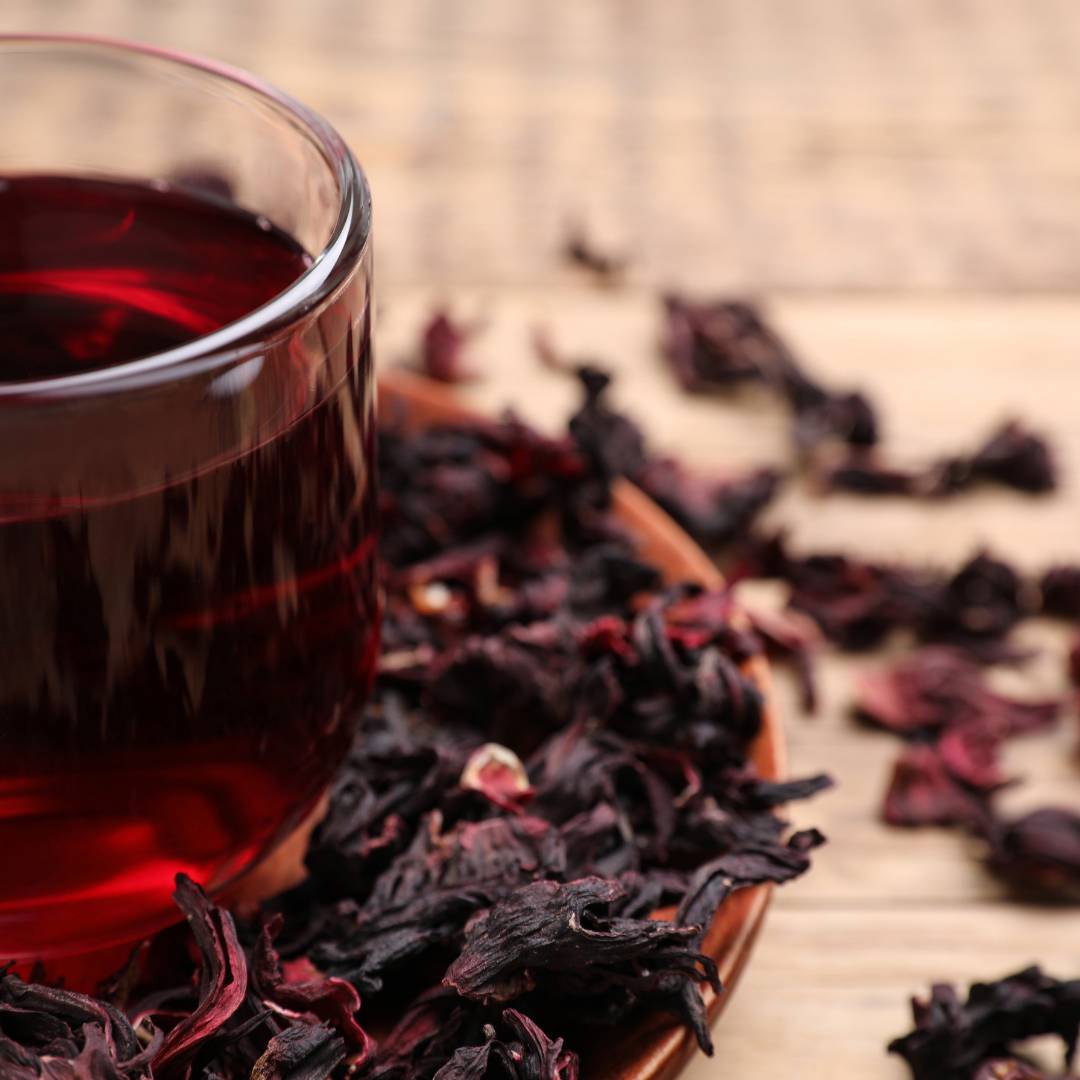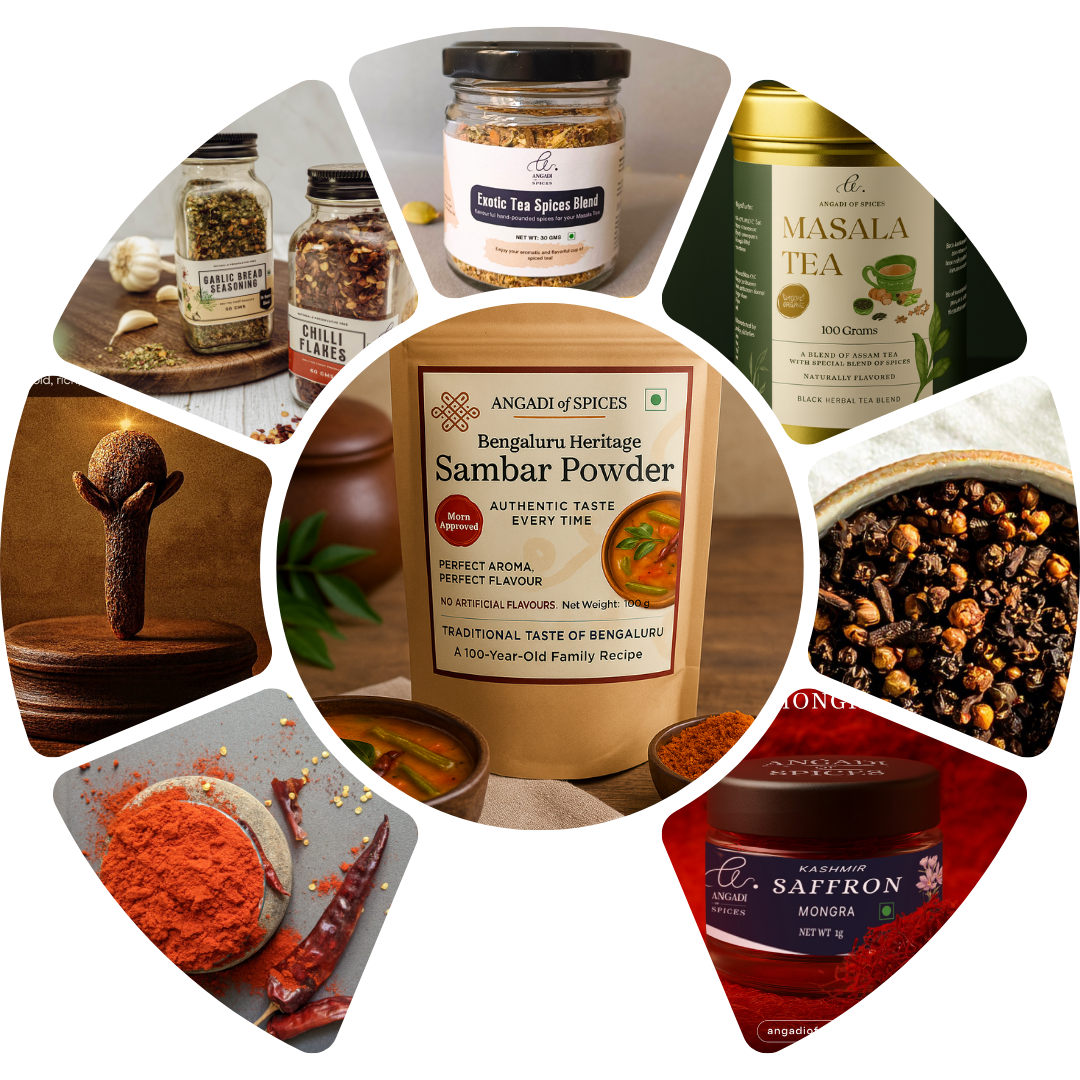Hibiscus Tea Benefits, Flavour, and Brewing Guide: Everything You Need to Know
Introduction to Hibiscus Tea
Hibiscus tea, a vibrant and refreshing beverage, is made from the dried calyces of the hibiscus flower. Known for its deep red colour and tart flavour, hibiscus tea is enjoyed worldwide for both its taste and health benefits. The hibiscus plant, scientifically known as Hibiscus sabdariffa, is native to tropical and subtropical regions and has been used in traditional medicine for centuries.

Health Benefits
-
Rich in Antioxidants: Hibiscus tea is packed with antioxidants, such as flavonoids and anthocyanins. These compounds help protect your body from oxidative stress caused by free radicals, potentially reducing the risk of chronic diseases.
-
Supports Heart Health: Studies suggest that hibiscus tea may contribute to heart health by helping to lower blood pressure. Regular consumption can aid in managing hypertension and promoting overall cardiovascular wellness.
-
Boosts Immune System: With its high vitamin C content, hibiscus tea can strengthen the immune system. Vitamin C is essential for the production of white blood cells, which are crucial for fighting off infections and diseases.
-
Aids Digestive Health: Drinking hibiscus tea may support digestive health by promoting healthy bowel movements. It also has diuretic properties, which can help in reducing water retention and supporting weight management.
-
Anti-Inflammatory Properties: The anti-inflammatory compounds in hibiscus may help reduce inflammation in the body, which can alleviate symptoms of conditions like arthritis
-
May Improve Liver Health: Some studies suggest that hibiscus may have hepatoprotective properties, helping to protect the liver from damage and support its overall function.
Culinary Advantages
-
Unique Flavour: Hibiscus tea has a tart, cranberry-like flavour that can be enjoyed hot or iced. Its distinct taste makes it a versatile ingredient in various beverages and recipes.
-
Natural Colorant: The deep red colour of hibiscus tea can be used as a natural food colouring in culinary applications, adding a vibrant hue to dishes and drinks.
-
Refreshing Beverage: Hibiscus tea is a refreshing alternative to sugary drinks and sodas. It can be enjoyed on its own or blended with other herbs and fruits for added flavour.
Additional Advantages
-
Cultural Significance: Hibiscus has been used in traditional medicine and cultural practices across various regions, contributing to its popularity and perceived health benefits.
-
Low Calorie: Hibiscus tea is generally low in calories, making it a healthy option for those looking to maintain or lose weight.
Incorporating hibiscus into your diet can offer numerous health benefits while adding a unique and refreshing flavour to your beverages and dishes.
Flavour Profile
Hibiscus tea has a distinct tart and slightly fruity flavour, reminiscent of cranberry. Its vibrant red colour makes it visually appealing, and it can be enjoyed hot or iced. The tartness can be balanced with a touch of honey or a splash of fruit juice if desired.
Brewing Instructions

-
Ingredients:
- 1 tablespoon dried hibiscus flowers (or 1 hibiscus tea bag)
- 2 cups water
- Optional: sweetener (honey, agave syrup, etc.), lemon or lime slices
-
Instructions
-
Boil Water:
- Heat 2 cups of water in a saucepan until it reaches a rolling boil. If you’re using an electric kettle, set it to the boiling point.
-
Add Hibiscus Flowers:
- Place the dried hibiscus flowers or tea bag into a heatproof teapot or cup.
-
Pour Water Over Hibiscus:
- Carefully pour the boiling water over the hibiscus flowers or tea bag. This ensures that the boiling water extracts the maximum flavor and benefits from the hibiscus.
-
Steep:
- Allow the hibiscus tea to steep for about 5-10 minutes. Steeping time can be adjusted based on your preference for strength. A longer steeping time will result in a stronger, more robust flavor.
-
Strain:
- If you’re using loose hibiscus flowers, strain the tea into a cup using a fine mesh strainer. If you’re using a tea bag, simply remove the bag from the cup or teapot.
-
Add Optional Ingredients:
- Enhance the flavor with optional additions like a sweetener (honey or sugar), a splash of lemon or lime juice, or a few fresh mint leaves. Stir well to combine.
-
Serve:
- Enjoy your hibiscus tea hot or let it cool and serve over ice for a refreshing cold drink.
Tips
- Adjust Strength: If the tea is too strong or too weak, adjust the steeping time or the amount of hibiscus used in future preparations.
-
Varieties and Blends
Hibiscus tea can be enjoyed on its own or blended with other herbs and fruits. Popular blends include hibiscus with mint, ginger, or a mix of tropical fruits like pineapple and mango. These blends can enhance the flavour profile and offer additional health benefits.
Cultural Significance
Hibiscus tea holds cultural importance in many regions. In the Caribbean, it's a traditional drink often served at festive occasions. In parts of Africa, it is consumed both hot and cold and is known for its medicinal properties. In Mexico, it is popular as "agua de jamaica," a refreshing cold beverage.
Potential Side Effects
While hibiscus tea is generally safe for most people, it may have some side effects:
- Interactions with Medications: Hibiscus tea can interact with certain medications, such as antihypertensives and diuretics. Consult your healthcare provider if you are on medication.
- Pregnancy and Breastfeeding: Pregnant or breastfeeding women should consult their healthcare provider before consuming hibiscus tea, as its effects on pregnancy are not fully understood.
- Allergic Reactions: Some individuals may be allergic to hibiscus. Discontinue use if you experience any adverse reactions.
Storage Tips
To maintain the freshness and flavor of hibiscus tea, store dried hibiscus flowers or tea bags in an airtight container in a cool, dry place. Proper storage will help preserve the tea's potency and ensure it remains flavourful.
Hibiscus tea is not only a delicious and visually appealing beverage but also offers a range of health benefits. Its antioxidant properties, support for heart health, and immune-boosting qualities make it a great addition to your diet. Whether you enjoy it hot or cold, hibiscus tea is a refreshing and healthful choice that can be easily incorporated into your daily routine. Give it a try and experience the unique flavor and benefits of this vibrant herbal tea!




